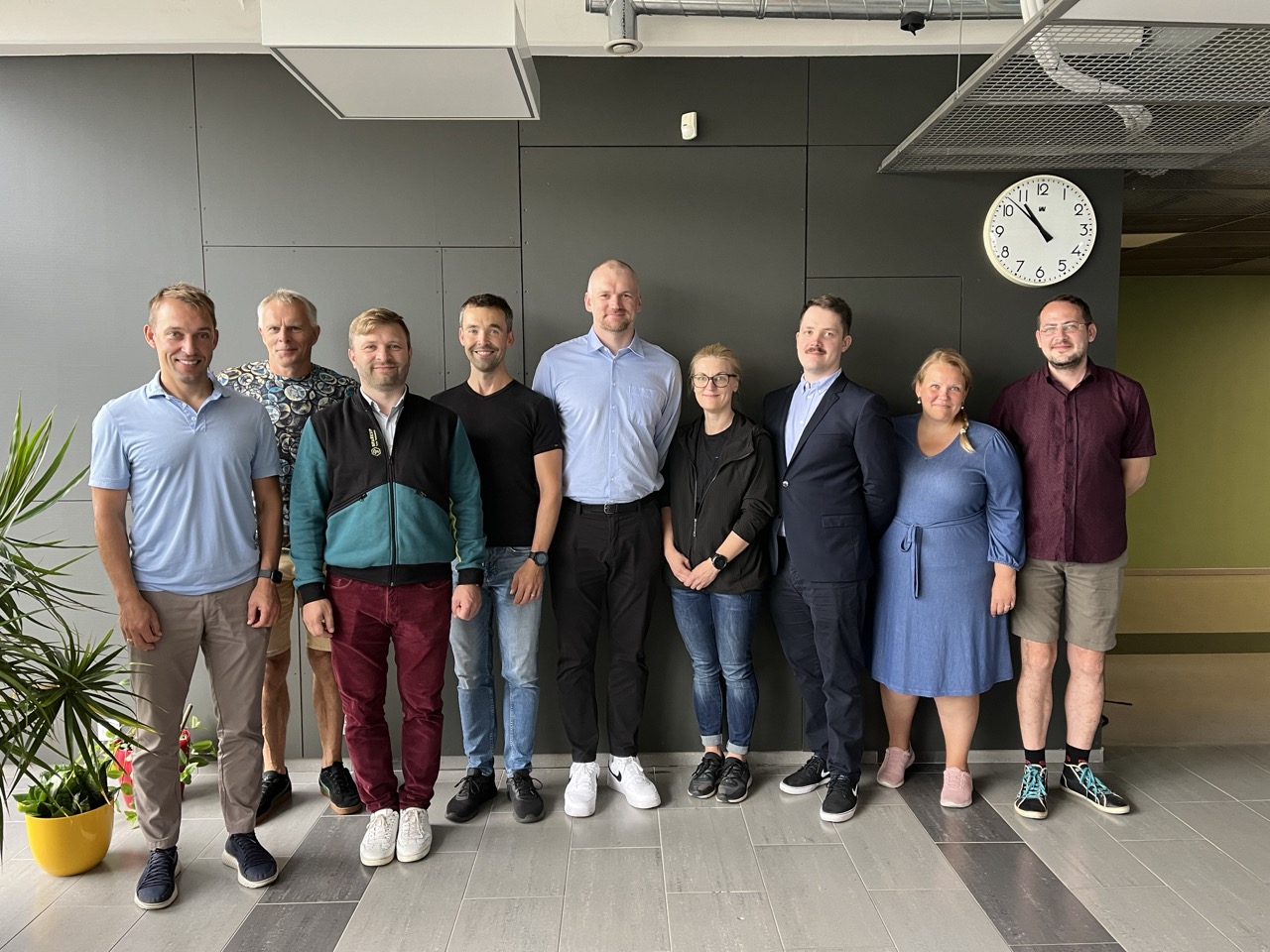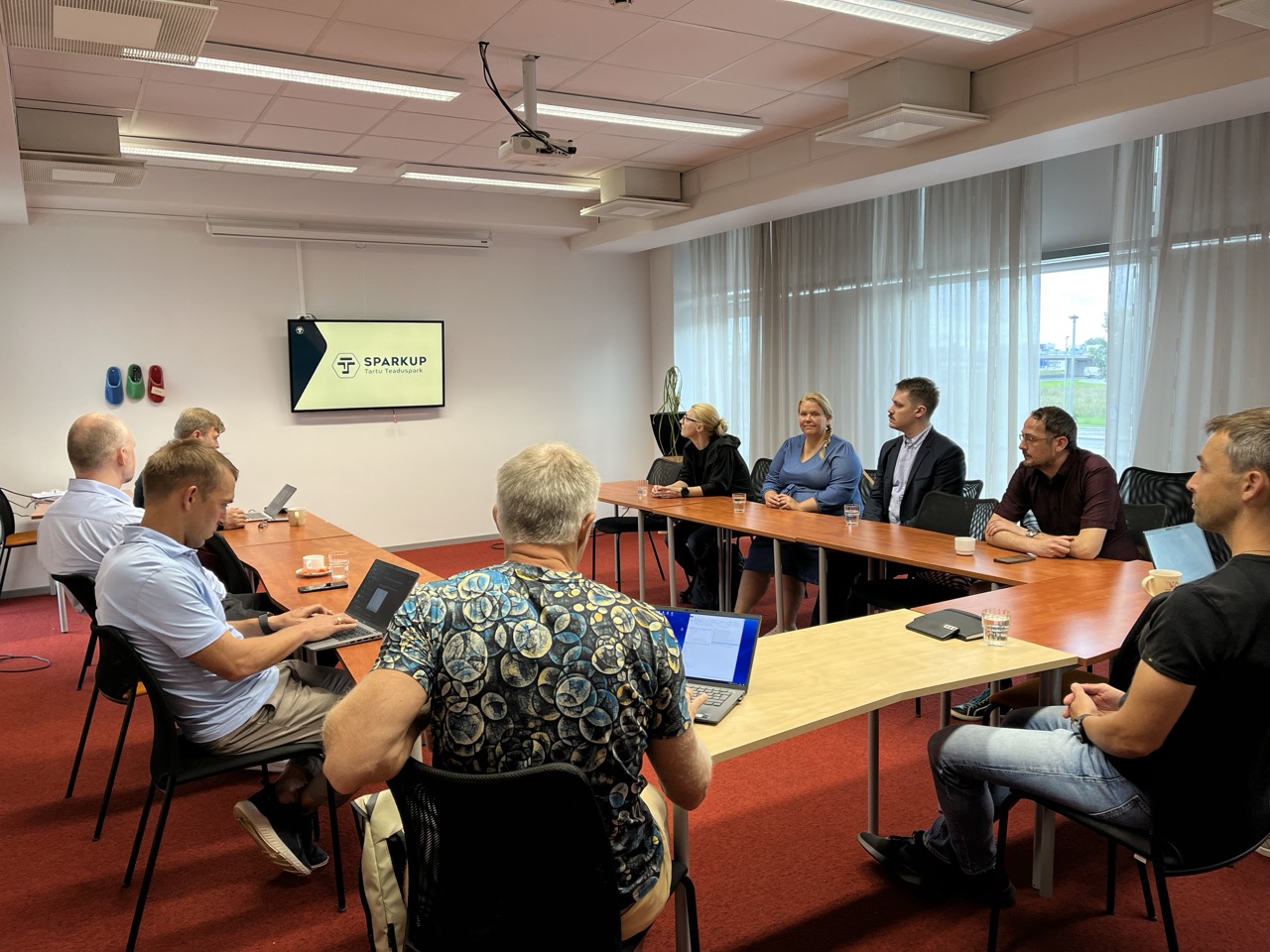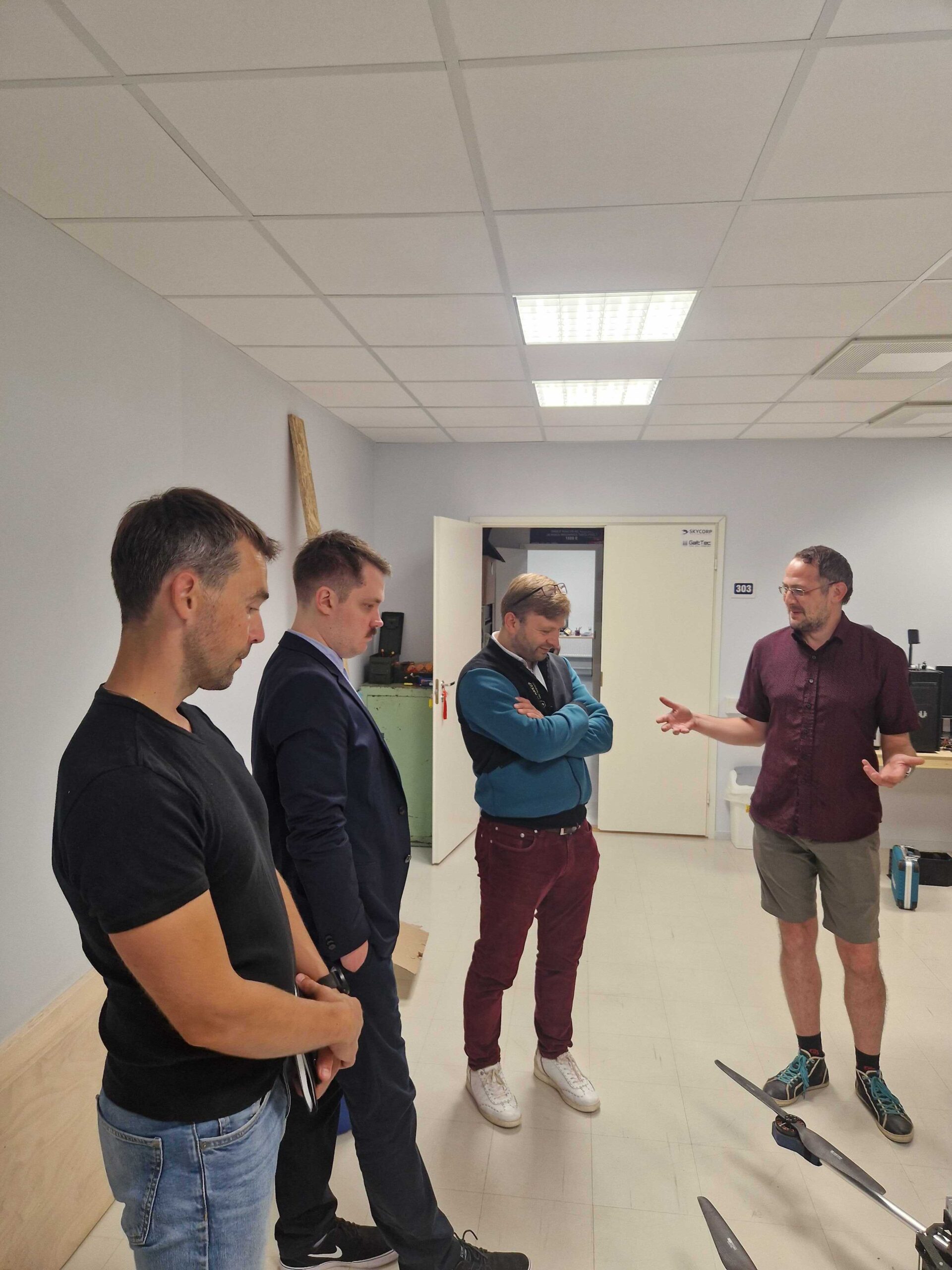Last week, Sparkup Tartu Science Park, the aviation department of the Ministry of Climate, the Estonian Aviation Academy, and the City of Tartu met for a discussion. The focus was on unmanned aviation, as it is one of the key focus areas for Sparkup Tartu Science Park, and Tartu is a place where solutions in this field are already being tested.
“The field of unmanned aviation is developing rapidly. Although aviation regulations are strict, there is currently no permanent ‘sandbox’ where ideas can be validated quickly and easily. For this, we have created the ZeroEST community in Tartu, so that companies have a place to test their ideas. Estonia’s strength lies in its small size, and compared to some other countries, we can find opportunities for pilot projects with just a few phone calls, something that would take years to arrange elsewhere,” explained Pirko Konsa, a board member of Sparkup Tartu Science Park.
On the other hand, such a development center is an excellent place for cooperation between the state and the city to find answers to questions like – What should be regulated by the state or local government? Where should flight corridors for drones be created and designed? What kind of monitoring systems should be installed? How can we minimize disruption to city residents?
Maria Tamm, the Head of the Unmanned Aviation Department at the Estonian Aviation Academy, added: “One of the most important aspects of test areas is flexibility – it’s necessary to create diverse testing conditions that cater to different use cases and levels of technology readiness.”
“The state, as a designer of the legal framework, is also interested in various practical tests because they help raise awareness among city residents and airspace users and prevent over-regulation. Initiatives like the Estonian-Latvian cooperation project ‘Smart Skies,’ aimed at simplifying construction supervision together with Tartu Science Park and the City of Tartu, are good practical examples. More such projects, where drones are tested in real service situations, are needed. With new knowledge, we gain a better understanding of what regulation is necessary or where the state should invest more to enable the adoption of new technologies while ensuring safety,” added Taivo Linnamägi, Head of the Aviation Department at the Ministry of Climate.
No meeting is complete without a tour of the companies at the science park. This time, Skycorp Technologies showcased its drones and technology.




